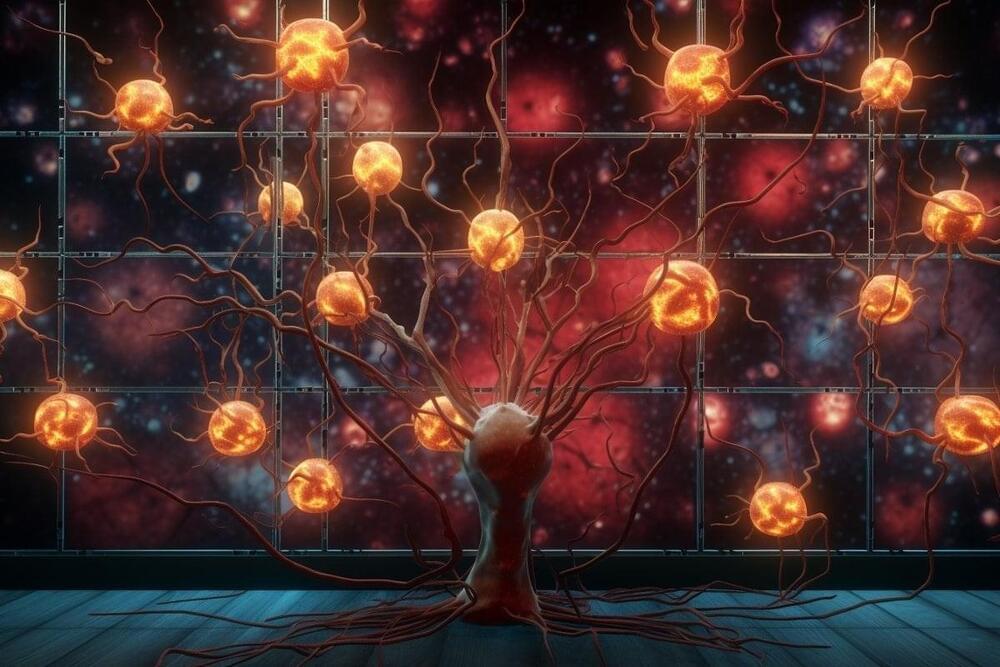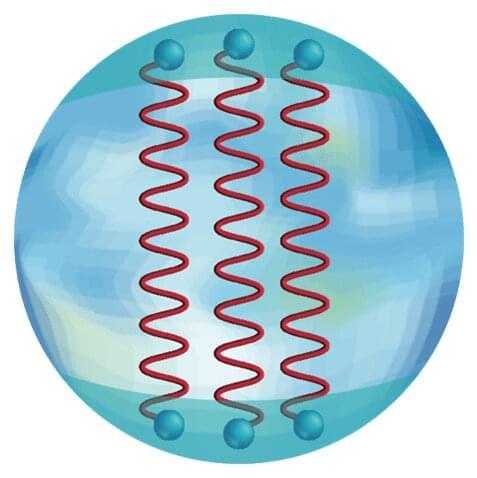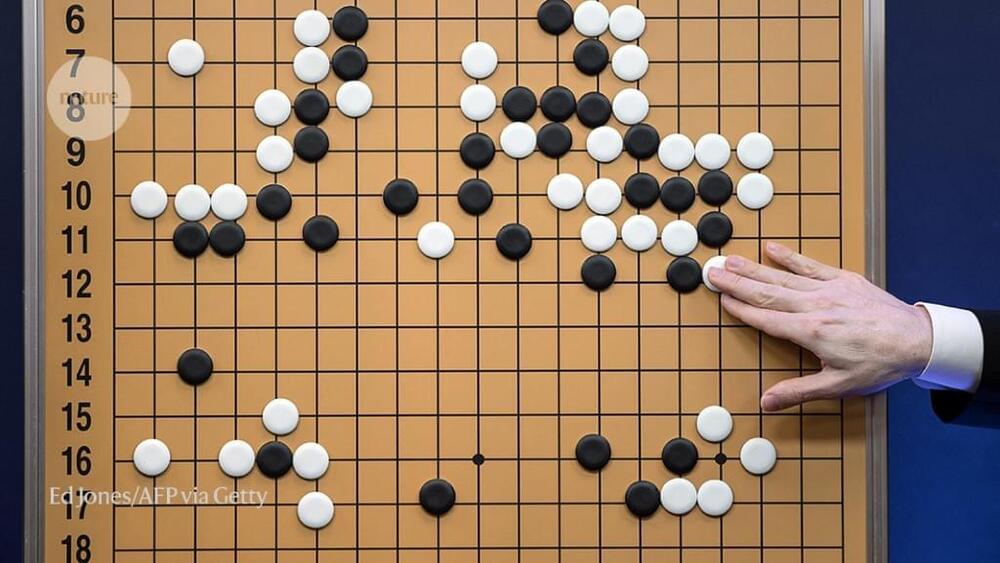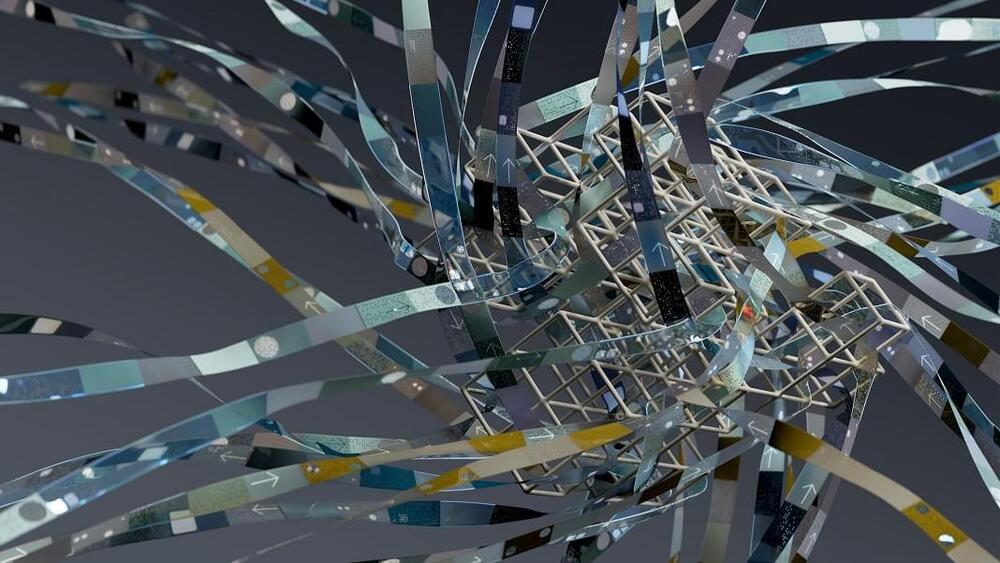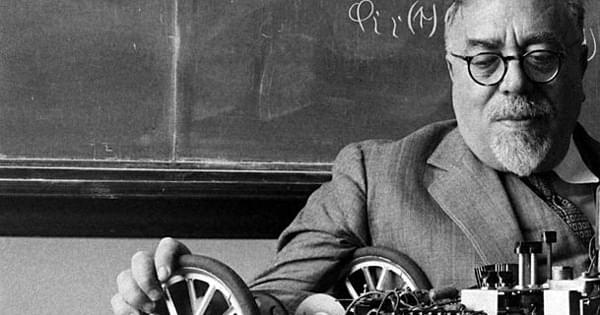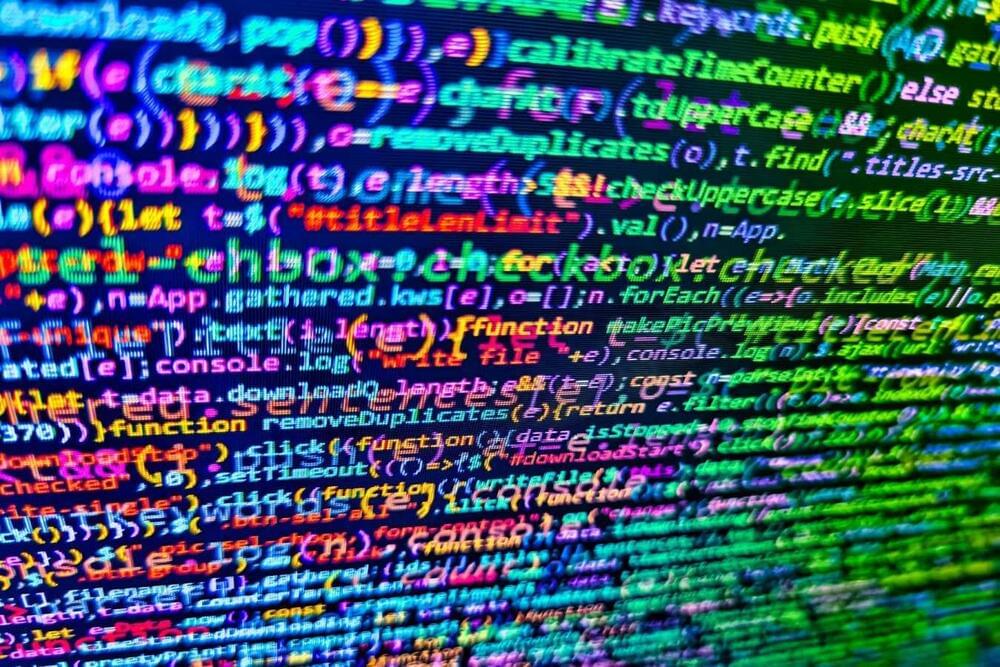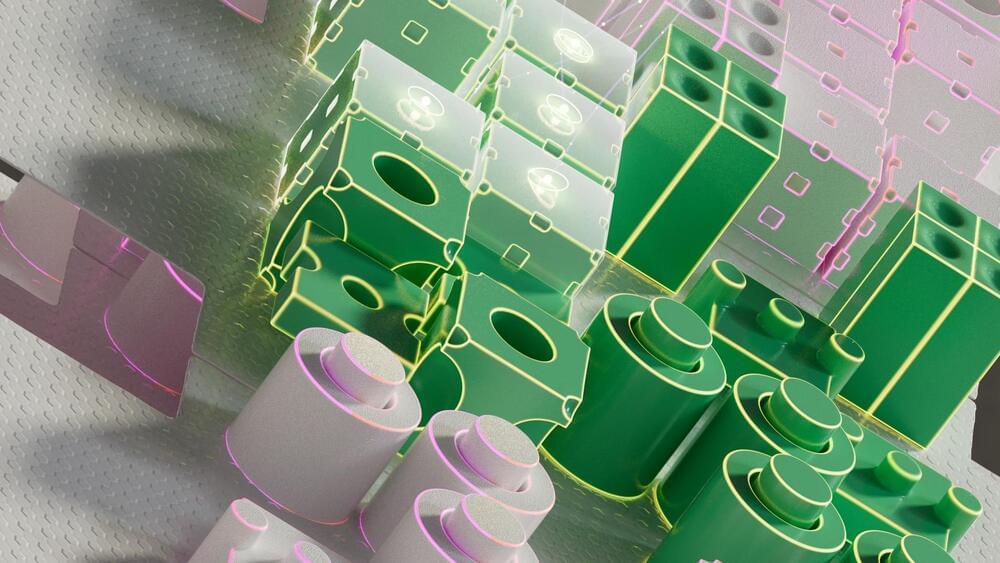“Intelligence supposes goodwill,” Simone de Beauvoir wrote in the middle of the twentieth century. In the decades since, as we have entered a new era of technology risen from our minds yet not always consonant with our values, this question of goodwill has faded dangerously from the set of considerations around artificial intelligence and the alarming cult of increasingly advanced algorithms, shiny with technical triumph but dull with moral insensibility.
In De Beauvoir’s day, long before the birth of the Internet and the golden age of algorithms, the visionary mathematician, philosopher, and cybernetics pioneer Norbert Wiener (November 26, 1894–March 18, 1964) addressed these questions with astounding prescience in his 1954 book The Human Use of Human Beings, the ideas in which influenced the digital pioneers who shaped our present technological reality and have recently been rediscovered by a new generation of thinkers eager to reinstate the neglected moral dimension into the conversation about artificial intelligence and the future of technology.
A decade after The Human Use of Human Beings, Wiener expanded upon these ideas in a series of lectures at Yale and a philosophy seminar at Royaumont Abbey near Paris, which he reworked into the short, prophetic book God & Golem, Inc. (public library). Published by MIT Press in the final year of his life, it won him the posthumous National Book Award in the newly established category of Science, Philosophy, and Religion the following year.
